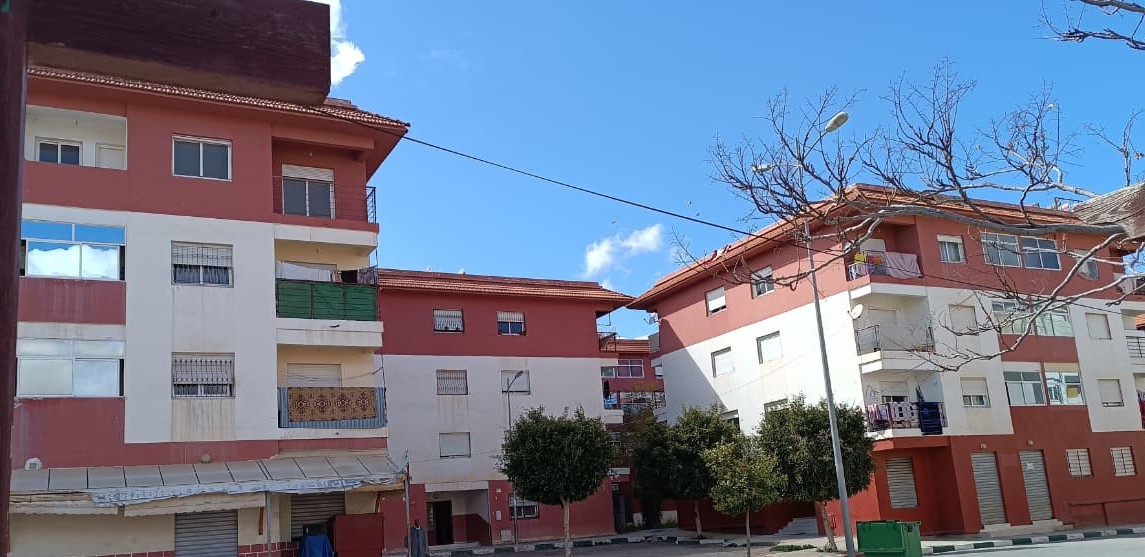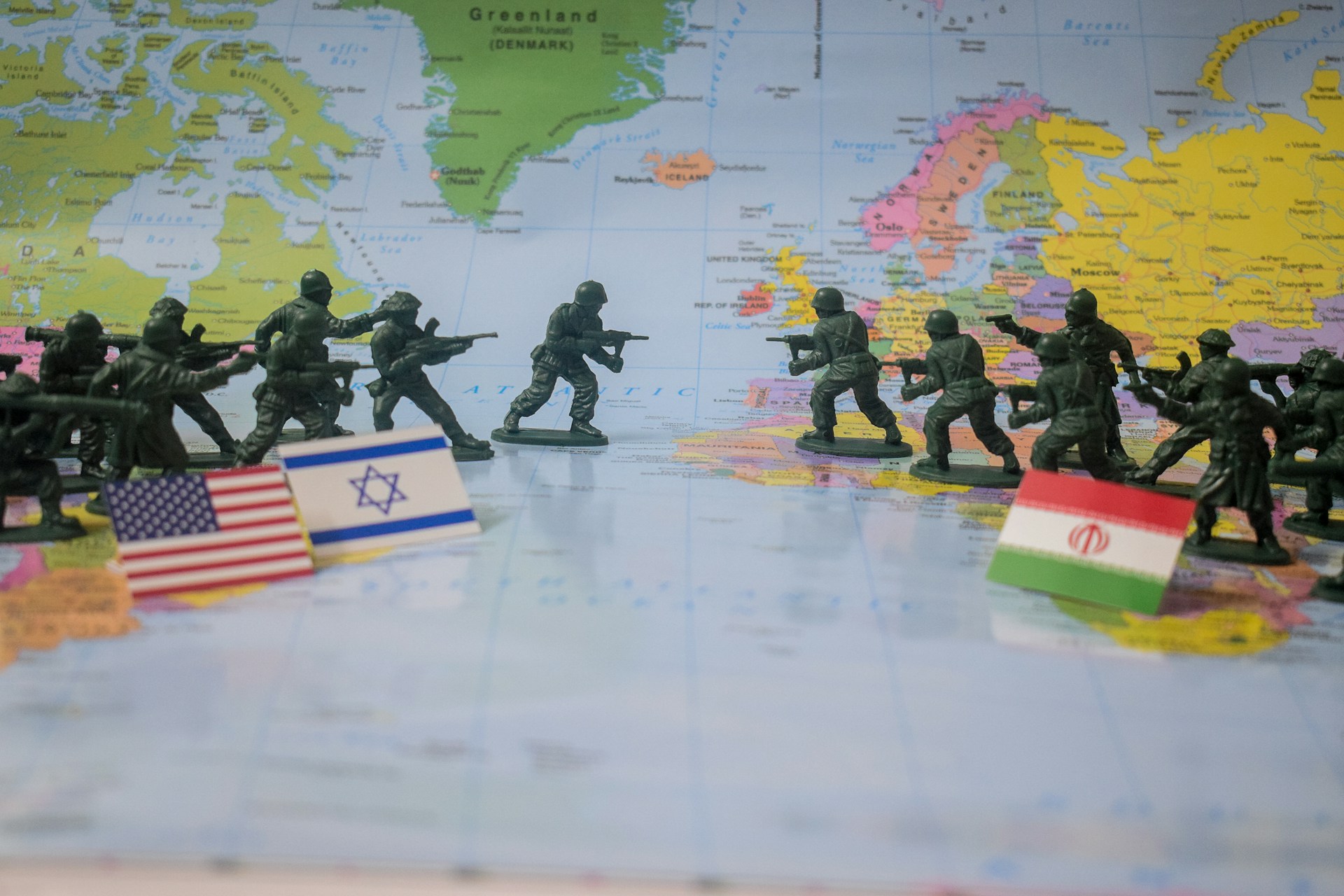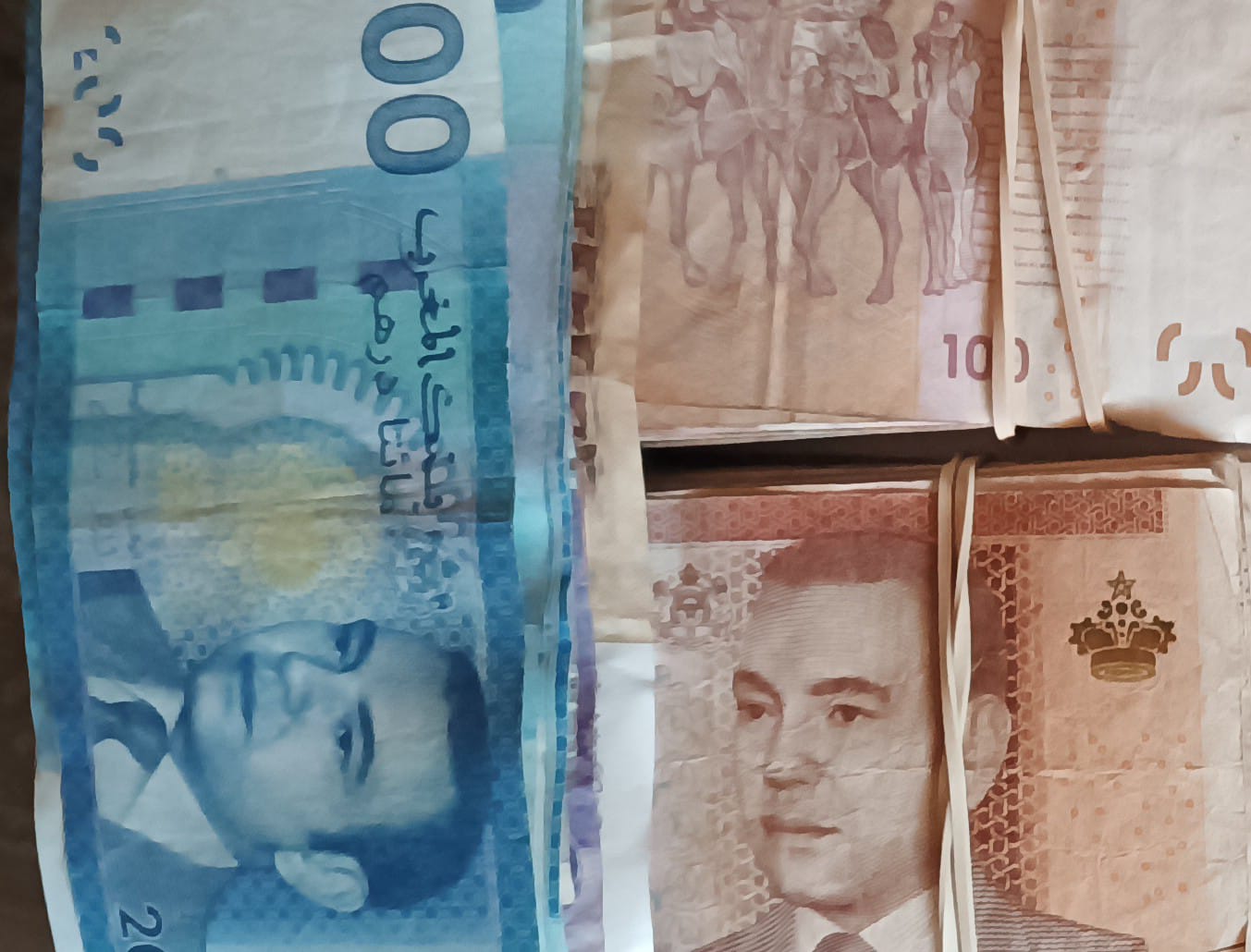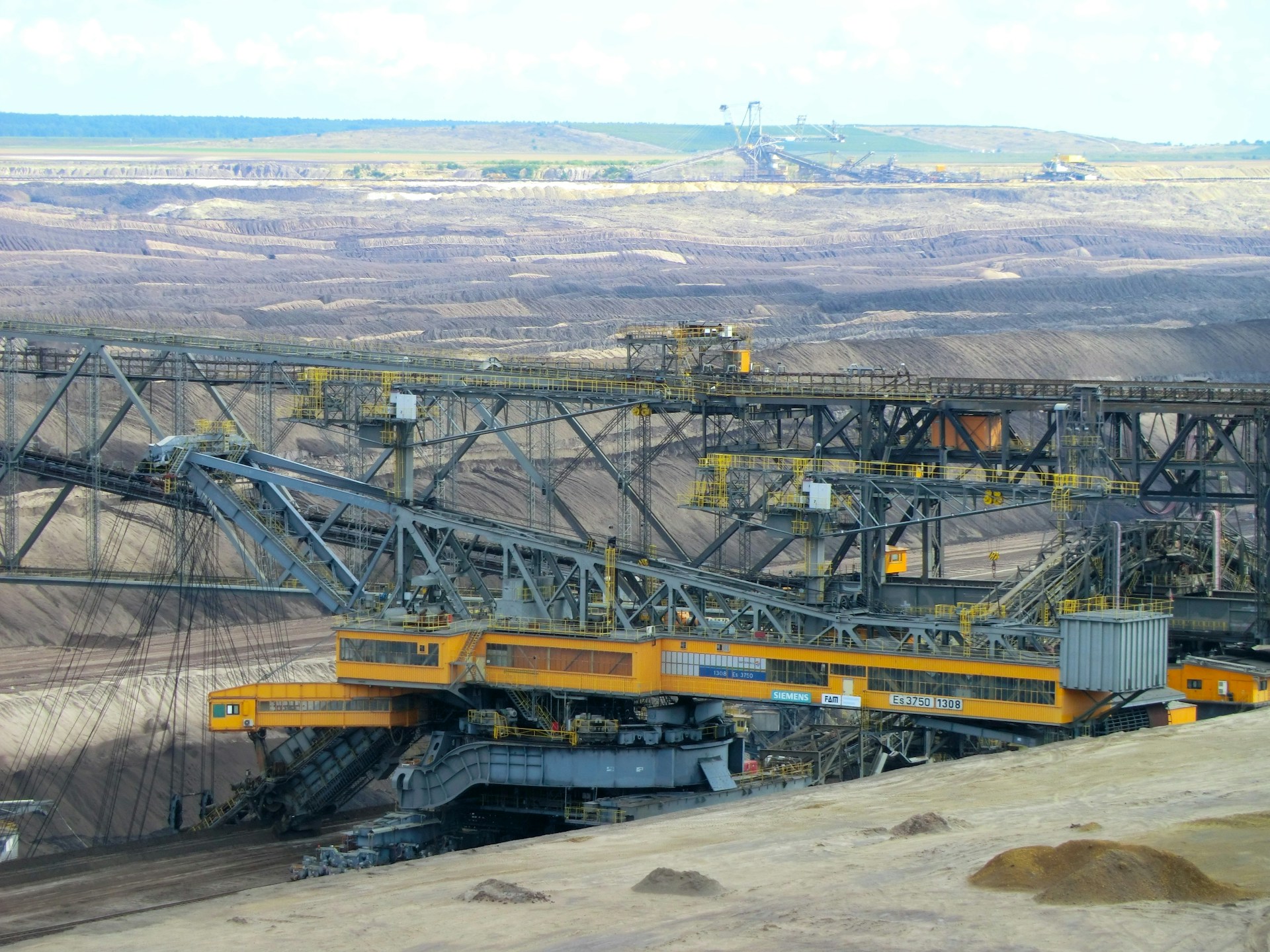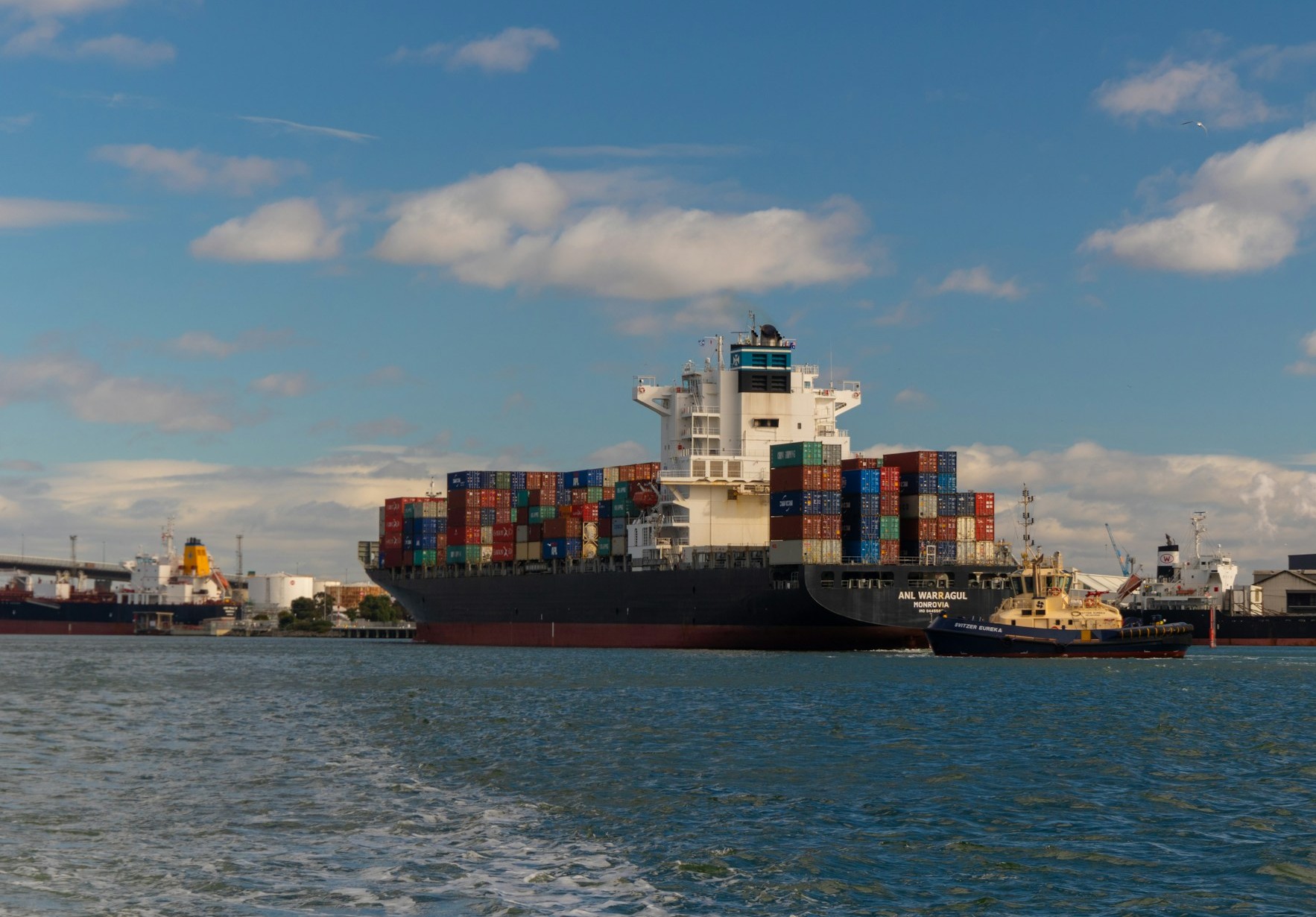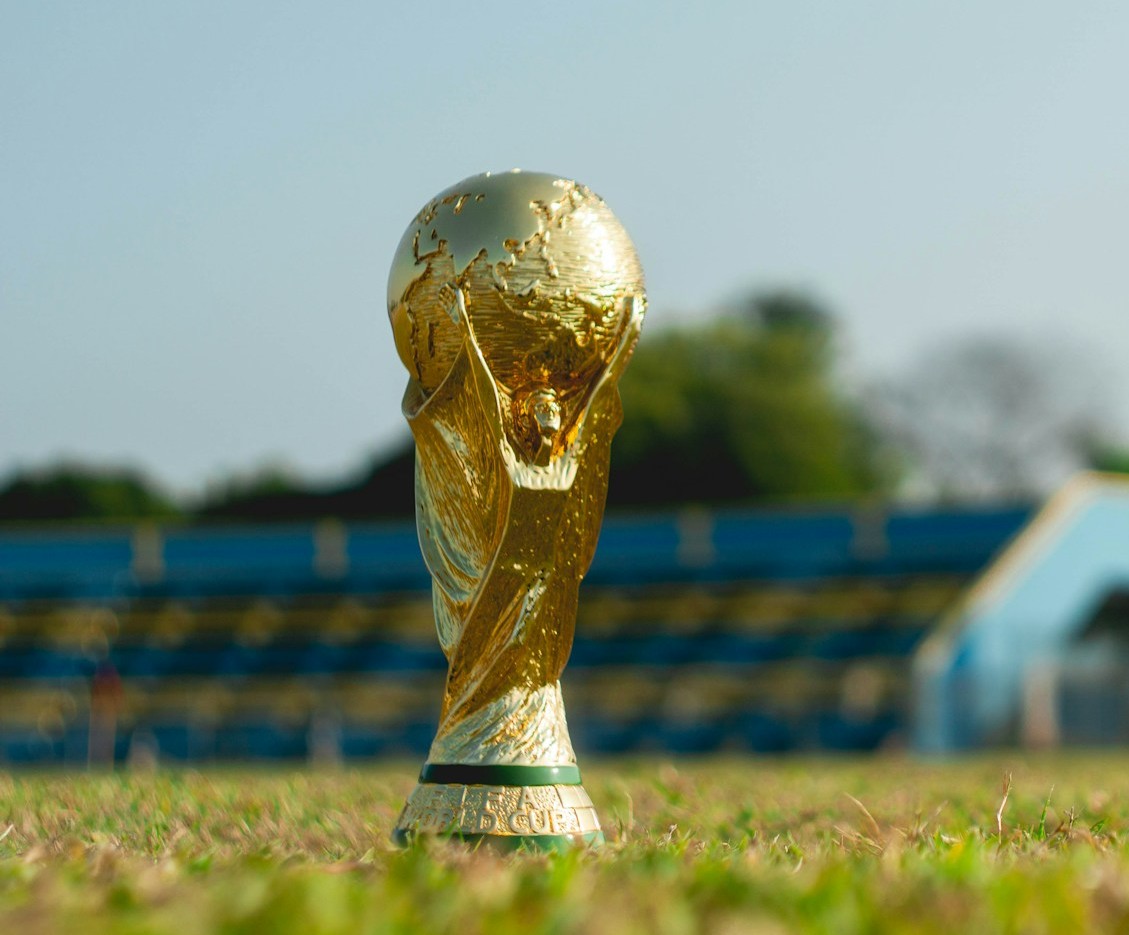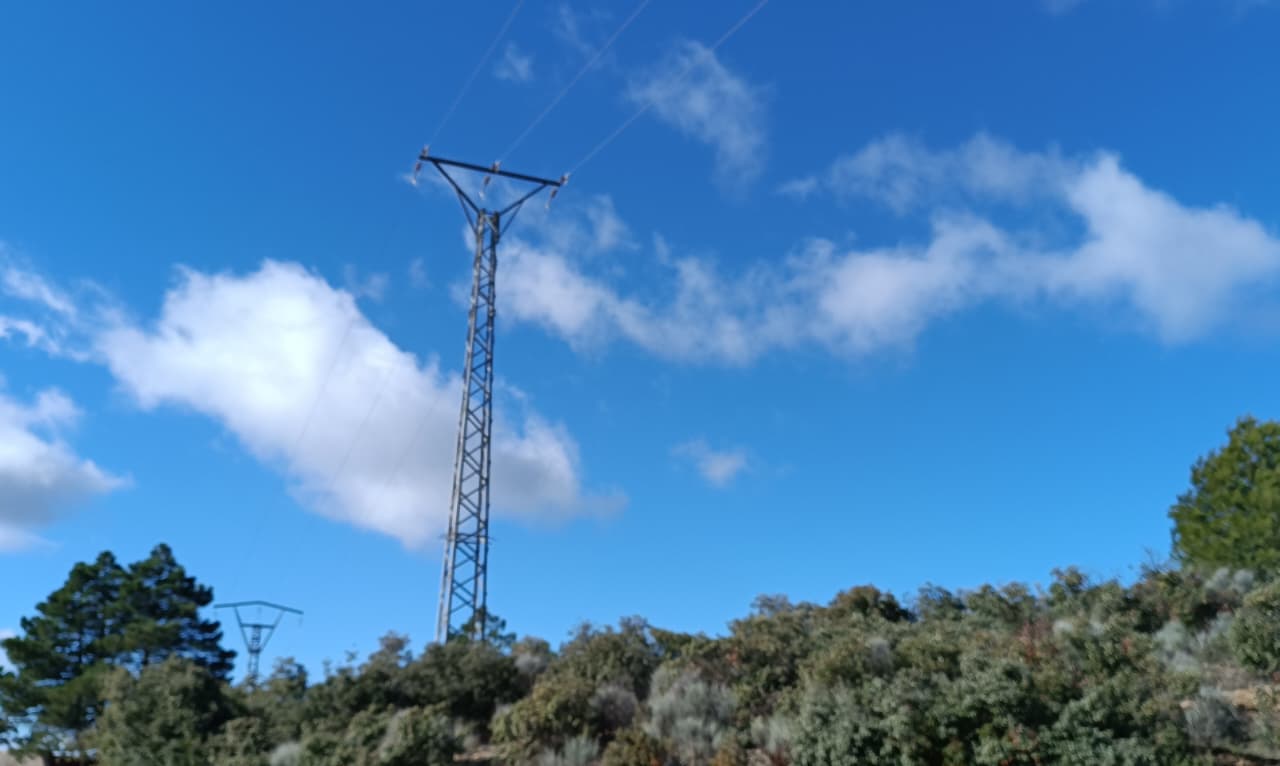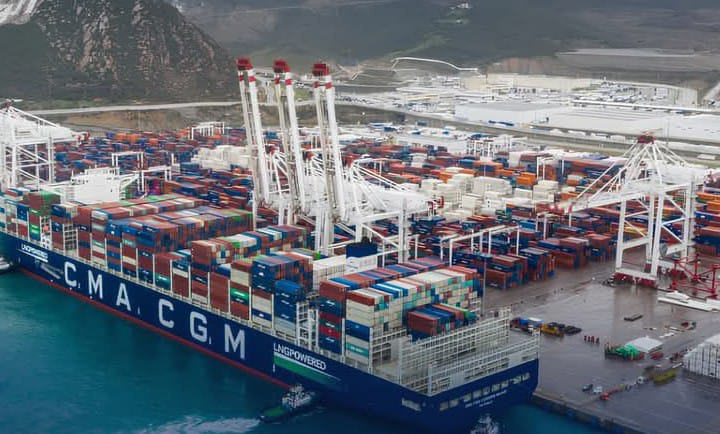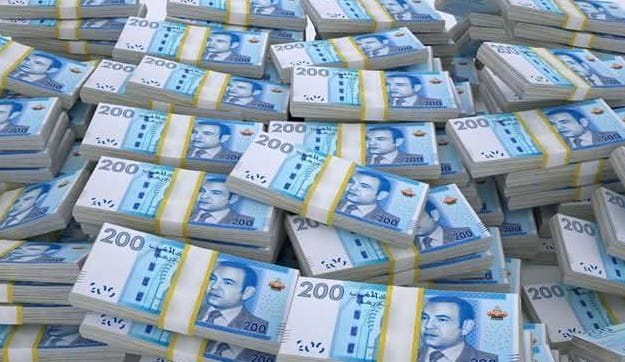Casablanca – Morocco’s preparations for the 2030 FIFA World Cup are attracting strong international recognition, with FIFA President Gianni Infantino lauding the country’s progress and vision during meetings held in New York in late September. The Kingdom, which will co-host the tournament alongside Spain and Portugal, is moving quickly to align stadium construction, infrastructure development, and organizational frameworks with the expectations of what is set to be a historic centenary edition of football’s most prestigious event.
Infantino, speaking after talks attended by Moroccan Prime Minister Aziz Akhannouch, Spanish Prime Minister Pedro Sánchez, and Portuguese Foreign Minister Paulo Rangel, praised the “remarkable achievements” already made by Morocco. “Everything is almost ready. We could practically host the World Cup today,” Infantino remarked, underscoring the pace of progress and the scope of projects being implemented.
Recognition at the highest level
The FIFA president went out of his way to commend king of the country, the Moroccan government, and national institutions for their efforts, describing Morocco’s contribution as essential to delivering a World Cup that will be remembered not only for its sporting spectacle but also for its symbolic importance as the 100th anniversary of the competition.
Infantino recalled his recent inspection visits to the Grand Stadium of Tangier and the Prince Moulay Abdellah Stadium in Rabat, where renovations and upgrades are advancing at what he described as a “satisfactory and impressive pace.” But he also stressed that Morocco’s efforts extend beyond stadiums, encompassing transport networks, hospitality infrastructure, and urban development projects designed to ensure the Kingdom can welcome hundreds of thousands of visitors.
Coordinated preparations with European partners
The New York meeting, held at FIFA’s office in Trump Tower, was part of a series of high-level coordination sessions between FIFA and the host nations. According to Infantino, upcoming steps will include further discussions with governments and football federations in the three countries, as well as site visits to selected host cities. These efforts aim to establish an organizational framework that meets international expectations and demonstrates the ability of Morocco, Spain, and Portugal to deliver a seamless joint event.
Observers note that Morocco’s inclusion as a co-host underscores the country’s growing prominence in global football governance. The Kingdom has repeatedly sought to host the tournament in past decades and is now seizing the opportunity to showcase both its sporting ambition and its capacity for large-scale international organization.
A platform for national development
For Morocco, the World Cup is more than just a sporting event—it is an accelerator for broader national objectives. Officials and analysts point out that the extensive investments in stadiums, transport, and hospitality are aligned with Morocco’s long-term development plans, particularly those linked to tourism and infrastructure.
The government has identified the World Cup as a unique chance to fast-track projects that would otherwise take years to complete. High-speed rail expansions, airport upgrades, and hotel capacity increases are all expected to benefit both the tournament and Morocco’s wider economic ambitions. The event is also likely to reinforce Morocco’s position as a leading African and Mediterranean hub for sports, tourism, and international conferences.
FIFA’s strategic interest
For FIFA, Morocco’s role provides both symbolic and practical advantages. Symbolically, the decision to co-host across two continents represents a gesture of unity between Africa and Europe. Practically, Morocco offers proximity to European markets, a strong football tradition, and a growing tourism industry that can help guarantee robust attendance and global visibility for the tournament.
Infantino highlighted the “excellent relations of cooperation” between FIFA and Morocco, suggesting that the Kingdom is not only a reliable partner for 2030 but also a long-term player in the global football landscape.
Beyond sport: Diplomacy and prestige
Analysts argue that Morocco’s World Cup role also carries significant diplomatic weight. By co-hosting with Spain and Portugal, the Kingdom reinforces ties with European partners while simultaneously elevating its international standing. The tournament provides a platform to showcase Morocco’s cultural heritage, economic opportunities, and political stability to a worldwide audience.
Moreover, Moroccan officials emphasize that preparations are being pursued with sustainability in mind. Beyond building stadiums, the focus is on creating durable infrastructure that will serve communities long after the tournament ends. This includes transport systems, urban upgrades, and energy-efficient facilities designed to leave a lasting legacy.
Toward a historic centenary edition
As the 2030 World Cup approaches, Morocco’s progress is increasingly recognized as an essential pillar of the event’s success. The centenary edition of the tournament is expected to carry immense symbolic value, recalling the first World Cup held in Uruguay in 1930 while charting a vision for football’s next century.
With FIFA’s leadership expressing confidence and Morocco accelerating its projects, the Kingdom appears poised not only to deliver on its promises but also to leverage the World Cup as a transformative national moment. The event is set to cement Morocco’s place on the global sporting map while reaffirming its role as a bridge between Africa and Europe.
